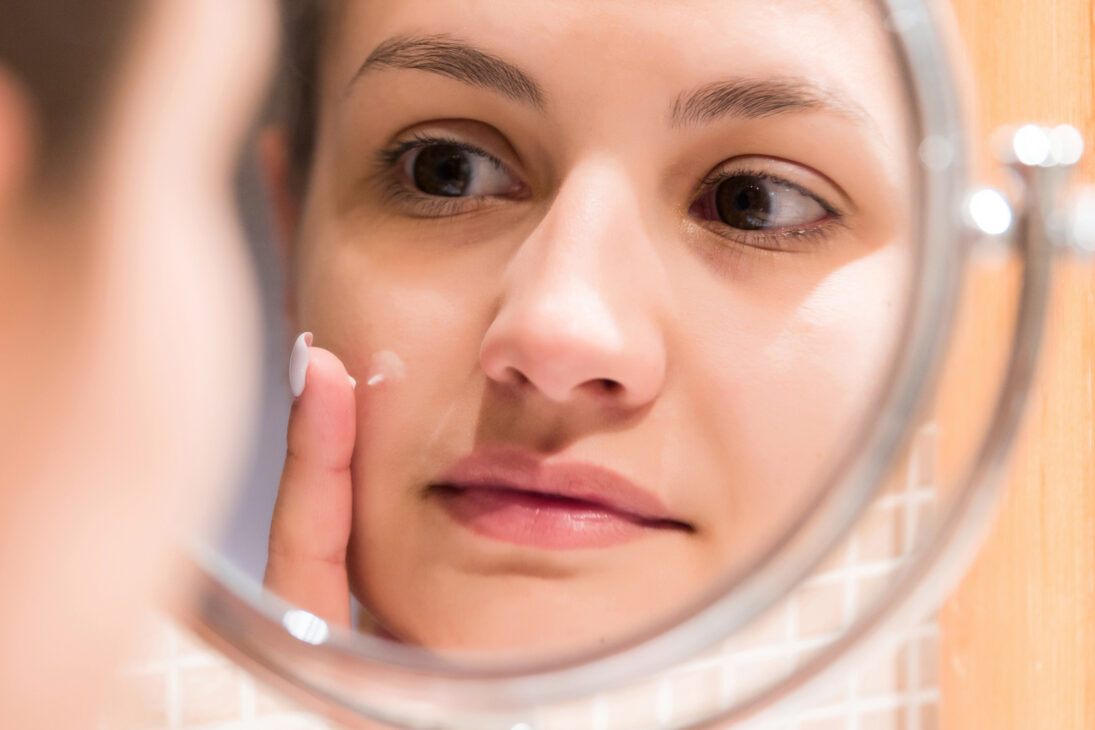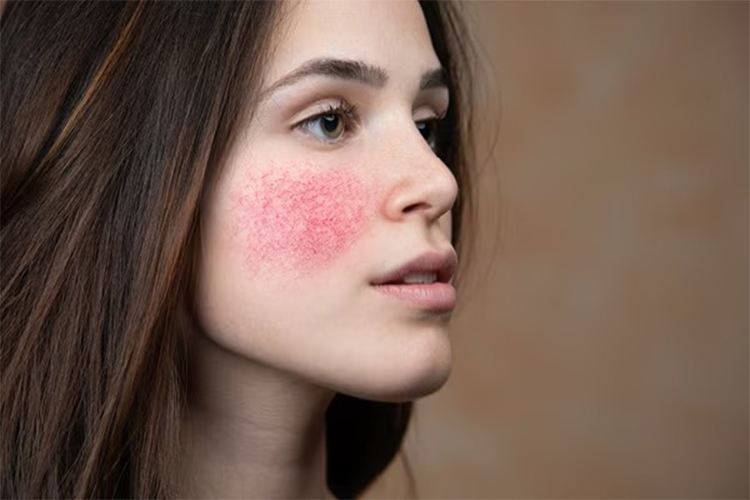“Pearly Paste Power: Revolutionizing Pimple Care with Innovative Toothpaste!”

Everything you need to know before using your toothpaste to combat those pesky bumps.
You wake up one morning to discover a frightening new pimple on your otherwise flawless face. What are you doing? You may have heard of friends or work colleagues simply applying toothpaste to dry out their pimples. But can it really be that simple? Does this mean you may never have to buy a skin care product again?
This article explains all the facts about using toothpaste on pimples. Read on to find out more.
Although toothpaste may seem like an inexpensive pimple treatment, the effects can be extremely damaging in the long run. It can also cause allergies and side effects.
Toothpaste gives the illusion of healing a pimple by drying out the skin. While this may seem good, it also comes with many potential risks. Toothpaste is intended for use on hard tooth enamel and contains harsh chemicals, including alcohol. These chemicals can make your skin dry and irritated.

Ingredients for toothpaste
Some common ingredients in toothpaste include triclosan, sodium lauryl sulfate (SLS), glycerin, sorbitoli, fluoride, and sodium bicarbonate (or baking soda) (2).
These ingredients have been researched and deemed suitable for keeping your teeth clean before being used in toothpastes. However, the same cannot be said for the soft, supple skin on your face. Baking soda can unbalance your skin’s pH and cause facial inflammation.
We know how toothpaste can promote oral hygiene. So let’s understand what science says about using toothpaste to treat pimples.
What does science say?
Toothpaste cannot kill the bacteria that cause pimples. It was not intended for use on the skin. In the long run, it can even have harmful effects on your skin. There is no evidence that toothpaste can help with acne. You probably won’t hear your dermatologist recommend it either.
Let’s look at the reasons why toothpaste cannot help treat acne.
Toothpaste may contain drying substances such as alcohol
Toothpaste can also contain alcohol. Anecdotal evidence suggests that using alcohol on the skin for long periods of time can cause dehydration.

Toothpaste contains triclosan
Triclosan is another ingredient in toothpaste. It is known to cause irritation and allergies when applied to the skin (3). It is most commonly used as a preservative and can harm the skin.
The FDA has made the use of triclosan in soaps and body washes illegal (4). However, toothpaste is still allowed due to its properties that help fight plaque and other oral diseases.
It is now clear that using toothpaste to treat acne can only cause more harm. But are there alternatives? What can you do?
Are you treating your acne?
What can you use to treat acne?
The best way to treat acne is to opt for approved acne treatments. Such treatments also reduce the risk of side effects such as skin rashes or other allergic reactions. Due to its bactericidal properties, benzoyl peroxide is commonly used in treatments (5). You can also consult your dermatologist for more information about treatment options.
You can also use the following to treat acne.
Acne-specific products
Opt for products that are specifically designed to treat acne. These products often contain substances containing topical retinoids. They are available without a prescription and can be purchased at any medical supply store.
According to the AAD (American Academy of Dermatology), you should wash your face with a mild cleanser and then apply a 2.5 percent benzoyl peroxide cream to the affected area (6).
You can also use sulfur-based treatments to treat acne. Even salicylic acid can be highly effective for your skin as it can counteract the harmful effects of acne (7).

Natural home remedies
There are natural remedies such as certain oils that can have a calming effect
Tea tree oil is very popular for treating acne. Studies suggest that using tea tree oil for acne may also help reduce associated inflammation (8). However, since tea tree oil is too strong, just a few drops are enough to reduce skin imperfections. The oil also works as an effective stain treatment.
Another effective oneRemedy could be white willow bark, which is known to have some protective effects against acne (9).
Anecdotal evidence suggests that products containing charcoal and clay may also help treat acne. However, consult your dermatologist before using activated charcoal or clay to treat acne.
As you can see, toothpaste is not suitable for treating acne. In fact, it also carries certain risks. We will examine them briefly in the next section.
What are the risks of using toothpaste for acne?
Treating your acne with toothpaste may initially dry out your acne. This can cause your body to overproduce skin oils to restore your skin to its normal condition. This can eventually lead to a major acne breakout.
Toothpaste may also contain other chemicals to prevent tooth decay and kill the bacteria in your mouth. These chemicals can cause unwanted reactions on your skin. Excessive dehydration can also cause the skin to lose its softness and texture. The chemicals in toothpaste are usually strong enough to clean your tooth enamel and may not be suitable for your face.
Leaving toothpaste on the skin can also lead to contact dermatitis, whose symptoms include skin redness and inflammation (10).
Toothpaste may also contain sodium lauryl sulfate, a compound with antimicrobial effects. But this compound can cause inflammation when it comes into contact with skin (2).
What type of toothpaste should you avoid?
While all toothpastes are generally harmful to your skin, some that contain fluoride can be worse. These toothpastes can cause pimples on your cheeks or around your mouth if they come into contact with the skin while brushing your teeth (11).
Some believe that toothpastes containing fluoride can also disrupt the pH balance of the skin. However, further research is required in this regard.
Are you curious about the effectiveness of using Colgate toothpaste to treat acne? Watch this video where the toothpaste remedy is tested for a week and judge the results for yourself.
